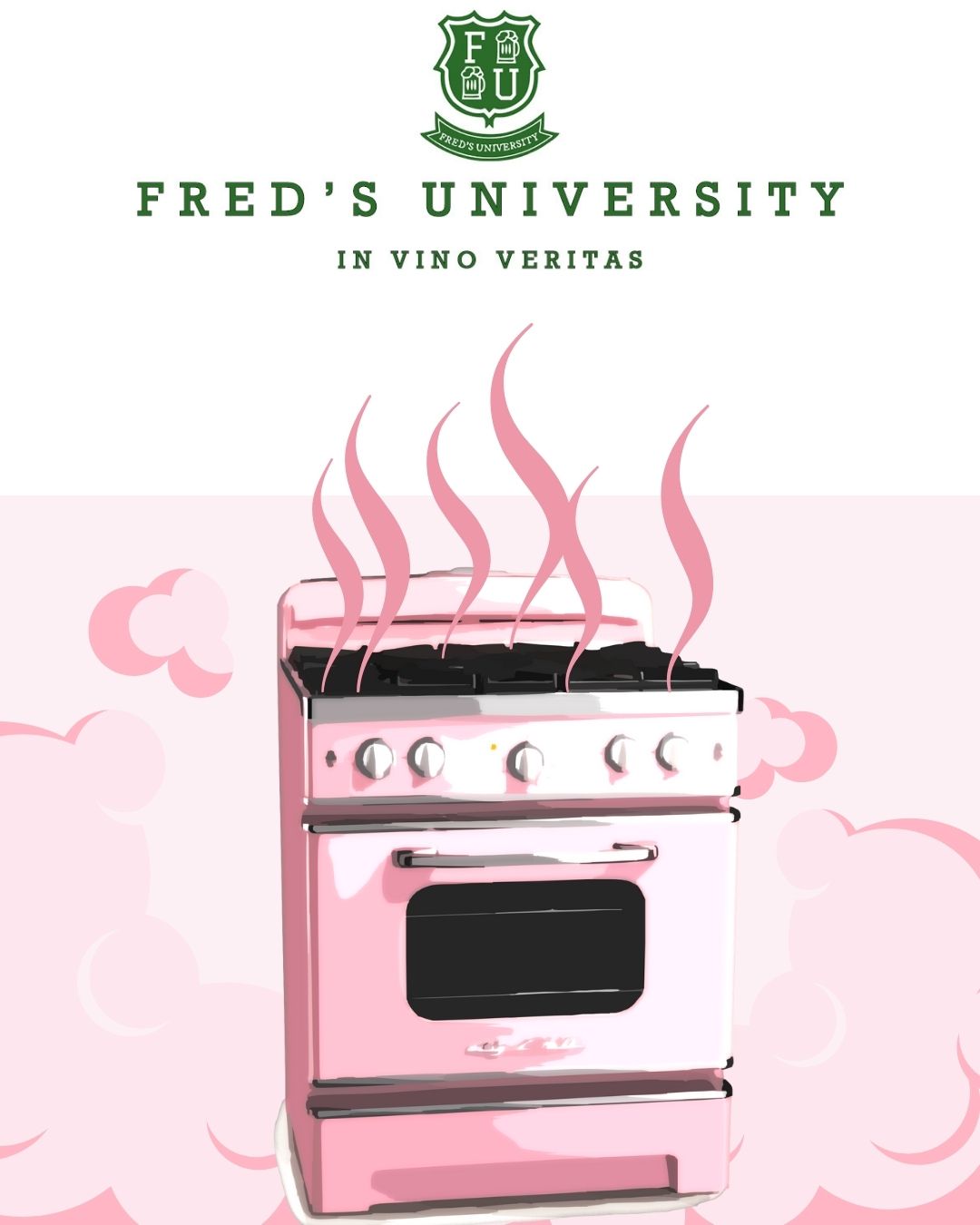Fred’s University‘s sister school in Nigeria, The Lagos Federal Institute, is sending a delegation to the US to address poverty in the university community and to educate American women about the dangers of the gas stoves in their own homes.
The Nigerian US Service Campaign hopes to draw attention to studies that show that natural gas and propane stoves release carbon monoxide, formaldehyde and other harmful pollutants into the air, which are toxic to people and pets.
The target demographic of the project is women on Temporary Assistance for Needy Families living in public housing. As part of the program, these women will be given safer up-to-date stoves of their choice, with free installation and a pre-paid voucher for repair, replacement and recycling. Since this is an often transient population, the program allows for a new stove should the owner not be able to take it with her in a move.
The Lagos Federal Institute is also working on a social advocacy campaign directed at wealthy US women with luxury gas ranges whose many burners create even more pollution. Since research shows that affluent women often buy high-end ranges as status items that primarily serve as decoration and Instagram bait, an important data point is that gas ranges create pollution even when not in use.
Asked why the Service Mission targeted women only, the program sponsors explained that their research had shown that American women do the vast majority of housework and everyday cooking. As it happens, the Lagos Federal Institute has a future program planned, aimed at addressing egregious gender inequalities in US households.
Fred’s University has not made a visit to its sister school in Nigeria since 2015 when a shipping container of donated winter coats had to be returned to the United States due to rotting food that was mistakenly packed with the un-needed winter gear.
A spokesperson for the sister school program noted that the recent trend of African countries, including Tanzania, Kenya, Uganda, Burundi and Rwanda, banning the import of low-quality used clothing has caused Fred’s to re-evaluate its overseas container donation program.
Controversy also touched the Sister School Program when Nigerian women rejected an “environmental education” scheme in which women were encouraged to abandon their supposedly-polluting wood fire cooking stoves in favor of what turned out to be unreliable “eco stoves” with their own toxic emissions.
In an official statement, the Lagos Federal Institute explained that the Fred’s University stove program had neglected to consult the Nigerian women about whether they wanted the stoves (they did not) and had failed to provide maintenance for the failing new devices. They cited the implicit self-serving racism in what Rafia Zakaria calls the White Savior Industrial Complex, and asked for redress.
Specifically, the Lagos Federal Institute asked Fred’s University to take responsibility for the landfill costs of the junked stoves, almost all of which were thrown away. There was no official response to the demands from Fred’s University as the funder of the stove program, a large oil company who requested its name be removed from all publicity about the program, withdrew its funding from the scheme. The Lagos Federal Institute hopes to get answers to their questions during their visit to Fred’s University.
Criticism suggesting that the Nigerian US Service Campaign is putting the burden of responsibility for protecting the environment on comparatively disadvantaged women, instead of holding multinational oil companies responsible for their environmental devastation, has been met with laughter in Lagos.
“Underprivileged American women are the victims of climate devastation, not the perpetrators!,” the Director explained with a smile. “Our program is not designed to protect the environment for our own benefit, but to offset the terribly unfair consequences of poor energy policy decisions fueled by big business interests.”
The destruction of the earth is not Nigeria’s fault, the Director insisted, “Despite having Africa’s largest economy and its largest population, equivalent to 2.7% of the world total, Nigeria contributes only 0.35% of global CO2 emissions.” By bringing safer and more efficient stoves to the US, Nigeria hopes to help educate and empower the superpower’s most vulnerable citizens.
The head of the Lagos Federal Institute said that although some claimed the Nigerian student aid workers were just trying to pad their resumes and polish their college applications while enjoying a holiday in the US, the Nigerian students were truly motivated by good intentions and the sincere desire to help disadvantaged Americans.
Also Read: Note From The Night Cleaner

